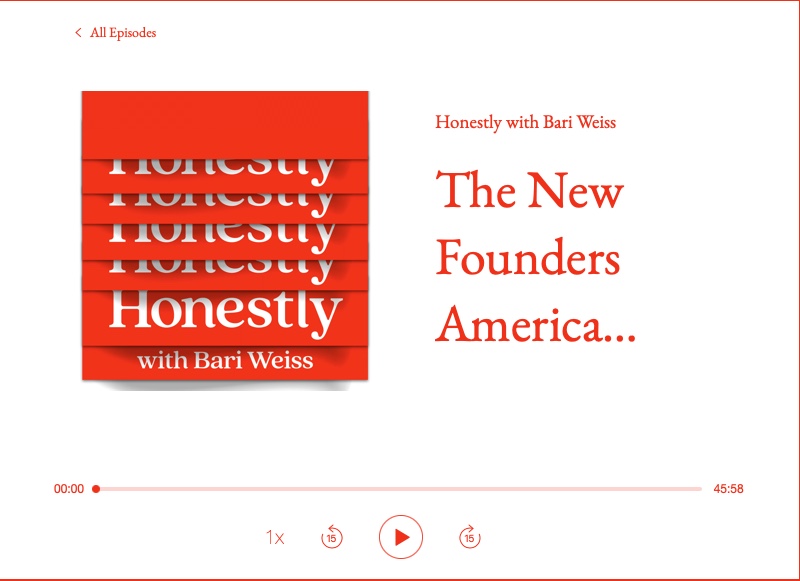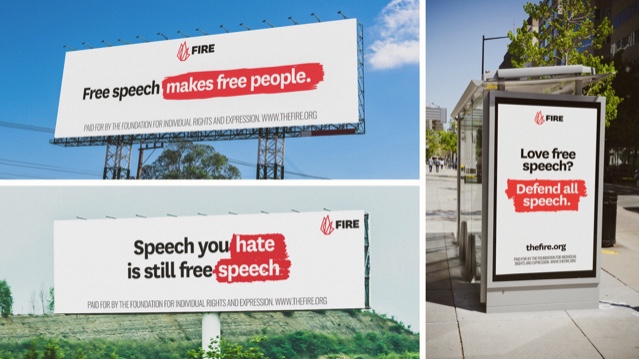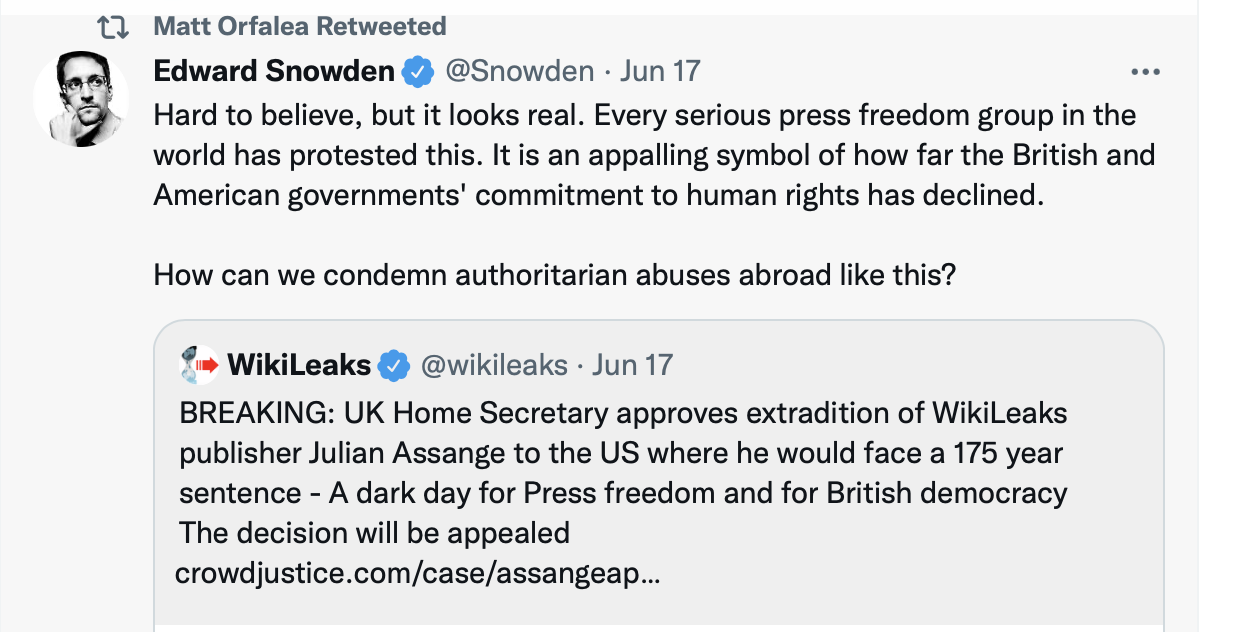Bari Weiss Invites All of Us to Become “Founders”
Bari Weiss is one of my heroes. She was forced off the staff of New York Times a few years ago because she refused to be muzzled on important issues of the day. She is now building her own media institution. I don't agree with her on everything, but I do see eye to eye with her on most of the topics of this podcast, an address she recently gave to a brand new college. One of her themes is that we need to bravely tell the truth, even when it causes people to dislike us. Even when they call us names. And we should never feel compelled to say things we don't believe to placate the mob. She invites each of us to avoid cynicism and to become "Founders."



